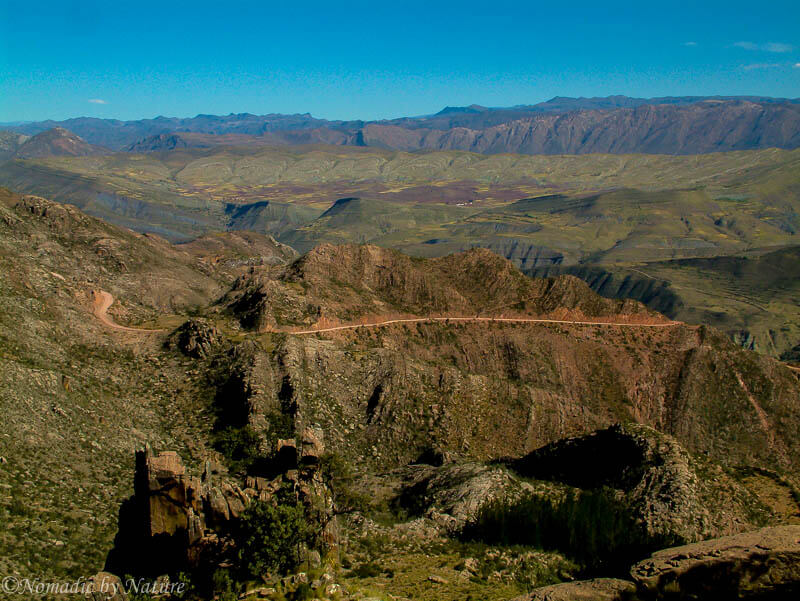
When my plane first landed in Bolivia, there were protests and road blocks in the capital of La Paz and none of the public transportation was running. In my first week, volunteers were rotating through the Bolivian hospitals and I thought, this is going to be a difficult experience. Then they sent me to Cuatro Esquinas, and I had to learn how to live on potato noodle soup without running water, or a toilet and lost 13 pounds.
We have just been given the list of locations where we will each be placed for the next two years. I have been presented with the reality of going to the only one which nobody else wants to go to, a village called Maragua. This is because it is the most rural location Peace Corps Bolivia has to offer. There is no running water, or electricity there, and anything not grown out there has to be carried in from the nearest city.
Right now there is a truck that comes out to the site twice a week and I will be able to hop rides with the driver. However, in the rainy season the roads are washed out and I will have to hike out to the village from the nearest city. It is a two to four hour bus ride from the city of Sucre to the village of Chaunaca, then I will have to ford the Ravelo River on foot and hike three to six hours through the Andes to reach the village.
The prospect of calling a place like this home has forced me to evaluate my motivations for joining the Peace Corps, and the personal goals I wish to accomplish during my service. Will this new life simply limit my resources and communication, or will it reveal a nuance of happiness obscured by the rush of city life? Will taking away the comforts to which I have been accustomed leave me contemptuous, or will it increase my appreciation for the amenities I left behind?
In the past week, my training group took a week-long trip to different volunteers’ sites to view and evaluate their work and experiences. I found myself searching for answers in these volunteers who have been living a Bolivian life for almost two years. I did not find the sagely twinkle in their eyes which I sought or the hardened lonely soul which I feared, but Americans, no different than my friends at home or the trainees in my group. How can one come to a place like this, wrought with challenges, struggle and toil and come out indistinguishable from those lacking such an experience?
My journey continues without the beacon I hoped to have. I requested this isolated site and look forward to tackling the challenges nobody in my group was willing to confront, hoping that my unique experience will yield more important lessons. I still have some doubts about my ability to work in such rural conditions, but I am excited to be living in such a beautiful place. It is over 10,000 feet in the Andes, surrounded by waterfalls, ancient burial sites, cave paintings and fossilized dinosaur prints which run up sheer rock faces. It is a rugged site, but to me, it is the true Peace Corps experience.
My work will be training the local women’s weaving cooperative to improve their business skills and also beginning to develop the site as a possible tourist destination. The work will be hard as the locals speak Quechua (The language of the Inca) not Spanish, so I think the first year will be very slow, but I will be able to use this time to explore the lands and get to know the people. I will also be working with an NGO called ASUR, which has been working with the weavers in the area for over 15 years.
The next blog in the Bolivian Blaze Series is, Officially Broke and Dirty.
